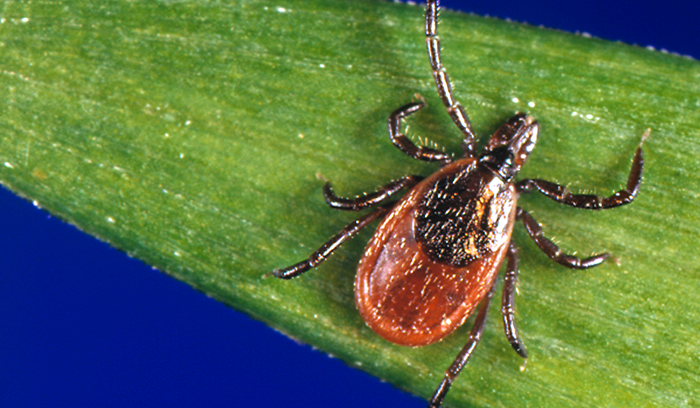In a recent announcement by state health officials, four confirmed cases of the Powassan virus have heightened concerns about tick-borne diseases. The outbreak has led to a comprehensive examination of the situation, its implications, and the critical measures required to prevent its further spread.
The affected patients, including two elderly men from Middlesex and Litchfield counties, as well as two women from Windham and Litchfield counties, fell ill during the month of July. The Powassan virus, primarily transmitted through the bite of infected black-legged ticks, has emerged as a significant public health threat. While its symptoms can range from mild flu-like illness to severe central nervous system disorders, the Department of Public Health (DPH) has revealed that severe cases can even lead to fatal outcomes and long-term health complications.
Laboratory tests conducted at the Centers for Disease Control and Prevention Laboratory have confirmed the presence of Powassan virus antibodies in the affected patients. These individuals, who reported tick bites and subsequently experienced central nervous system diseases, have been discharged and are currently in the process of recovery. Nonetheless, this incident serves as a stark reminder of the grave health risks linked with tick bites.
Dr. Goudarz Molaei, a chief scientist at the Connecticut Agricultural Experiment Station, has raised the alarm regarding the escalating threat of ticks and tick-borne diseases. The state has witnessed a worrisome surge in tick submissions, particularly black-legged ticks, compared to previous years. The emergence of invasive tick species further compounds the existing public health challenges.
To counteract the spread of the Powassan virus, state officials and health experts are urging residents to take proactive measures. Insect repellent usage, avoidance of tick-prone areas, and thorough tick checks following outdoor activities have been highlighted as effective preventative actions. By adopting these precautions, individuals can significantly reduce their susceptibility to infection and contribute to curbing the transmission of this dangerous virus.
(With inputs from Connecticut Public, community-supported public media service)
A global media for the latest news, entertainment, music fashion, and more.




